I can’t swim. I can’t even float. It’s not very dignified for a former athlete, but I paddle like a dog, and I’m ashamed to admit my little sister taught herself to swim before I ever knew what dog paddling was.
Some would say that learning to swim is about overcoming large fears. Others would say it’s about overcoming the fear of death and gaining confidence in self. To not learn to swim efficiently speaks of some form of cowardice, a lack of heart – something that can’t be taught. The ability is held in such high esteem that fathers throw their frightened children into the deep, forcing them to literally ‘sink or swim’.
I was eight years old when I left the three foot end of the pool to get in line to dive off the high dive and into the twelve foot end. I knew I couldn’t swim, and I was likely to die. I simply did not care to let this chance pass me by. Some would claim I’d been thrown into the deep end long before that moment.
My heart threatened to break a rib with its hammering, but I’d been my little sister’s protector and her go-to, and whenever she called my name I’d never failed to answer the bell. I could not allow her to continue to see me fail, to see me in fear. So, I got in line. I braved the line not only to confront my fear of death, but my fear of seeing disappointment in my lil sister’s eyes. Truth be told, there were few things in life I feared more. Her love and adoration were, in my mind, forever bound to my ability to protect her, to lead the way, to provide something that neither of us had. Self-worth maybe? Identity?
It all began before that day at the pool. We lived in Compton, California, on Primrose Street. I was still young, it was before I’d started school, before crack and the justice system ravaged my family, but after my mom was murdered. My “G”-mom was simply trying to do right by her daughter’s children, keeping us together, safe and fed while trying to keep herself together mentally and emotionally. She was trying to find a way to hold on to her God’s hand while her own heart and hands were overflowing with pain.
My granny must have been watching from the shadow of the screen door when my sister and I were fighting in the backyard over a toy. To win, I pushed her down, and she began to cry. In a flash, the door banged open and my grandmother had me in her clutches. She lit into me in a real way, and through my tears, she took my cheeks in her hand and pointed to the little girl on the ground.
“That is your sister, not some stranger on the street, but your sister! You are the only big brother she has! Don’t you ever hurt her, and you better not let anyone else ever hurt her!! Do you hear me?!”
Where I come from there’s a phrase for learning to face the very real dangers of life outside the protection of your home. We refer to facing death and learning to survive in the deep end as ‘stepping off the porch’. This was my splash! moment.
I was in middle school when I stabbed a middle-schooler for pushing my lil sister down and taking her money as she waited in the candy store line for me. I’d come home with my sister in hand and a black eye that was talking to me. I’d confronted the kid and he’d took a swing – my first fight ever. He parked me on my butt like he was taking a driver’s test. My black eye elicited a warning from my granny. She better not hear from that school about me fighting, she’d sent me to school to learn, not to fight. No one cared to ask why I had a black eye. Why should they? This was my little sister, not theirs, so it was up to me to deal with it, right?
When my uncles and grandmother found out what happened from my sister and my attempt to wash my bloody school clothes with some Tide, a hairbrush and the water hose, they all called me crazy. Angry. ‘Touched’. All but my grandmother. She never condemned me over what I’d done, nor did she admonish me over the situation. She merely looked at me with a new tilt of curiosity to her head, like she was seeing me for the first time.
I bounced twice from the high dive and did a triple tuck back flip (my grade school had a gymnastics team). I hit the water head first with my arms extended to break the surface, body like an arrow. Best dive of the day! Then I sank right to the bottom, twelve feet of water!
Panic? Never that. I could see the ladder on the other side of the pool. I’d just ‘walk’ over to it and climb out. I pushed off to get a few sips of air into taxed lungs, only to start panting like a dog. A few sips wouldn’t do! Sputtering and choking and thrashing, I sank again. The older kid who came to save me came from behind. I fought, thinking it was an attack. I sank yet again! I passed out in the pool. My lil sis watched me die trying to lead the way – to continue to be her hero. They dragged my lifeless body from the pool and revived me.
Welcome to my deep end.
I once had to face down a kid who had his heart set on chopping me with a machete over my sister. Once brained a grown man with a brick who tried to rape her. I’m otherwise a non-confrontational person, but when it comes to my mother’s only daughter? I would hurt you. Bad.
What I didn’t know was that there were threats in our own home. Family members came to live with us, having fallen on tough times financially. I was only a kid, mom was dead – murdered – and neither of our fathers were worth the ink it would cost to write their names. I never knew the love and trust garnered from helping with homework could lead to the ripping of a soul or that the resulting screams are seldom heard because those who cause them are likely the same who stand at the gates in defense.
When she became pregnant at fifteen due to this molestation, I was in chains already, after being on the row for months. My lil sis was alone. She came to see me – alone. Her belly large, her eyes pregnant with fear and secret pain. We held each other and wept, just as we had in the backyard in Compton, California, on Primrose Street. We both drowned that day. Who knows, maybe if I had learned to swim, things could have been different. Maybe some cries can only be heard under water, when you are out of breath – in the deep end.
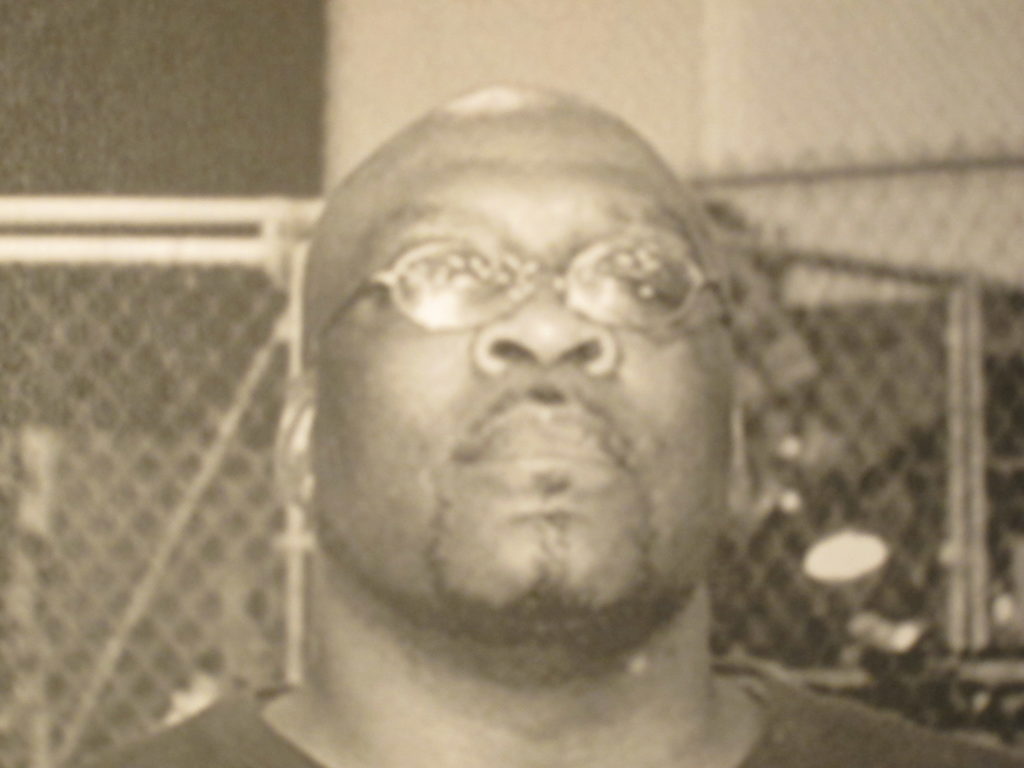
ABOUT THE WRITER. Mr. Jones has a style all his own. His writing is honest and thought provoking and exciting to work with. I look forward to hearing more of his insight as well as more of his life’s experiences.
Mr. Jones has served 32 years for a crime he committed when he was seventeen years old. He can be contacted at:
DeLaine Jones #7623482
777 Stanton Blvd.
Ontario, OR 97914
![]()

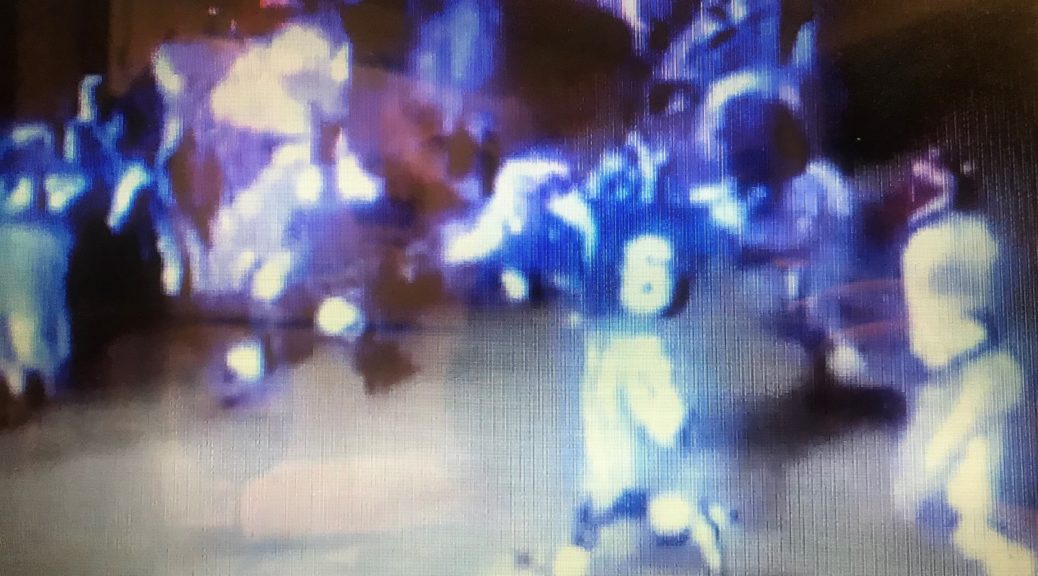
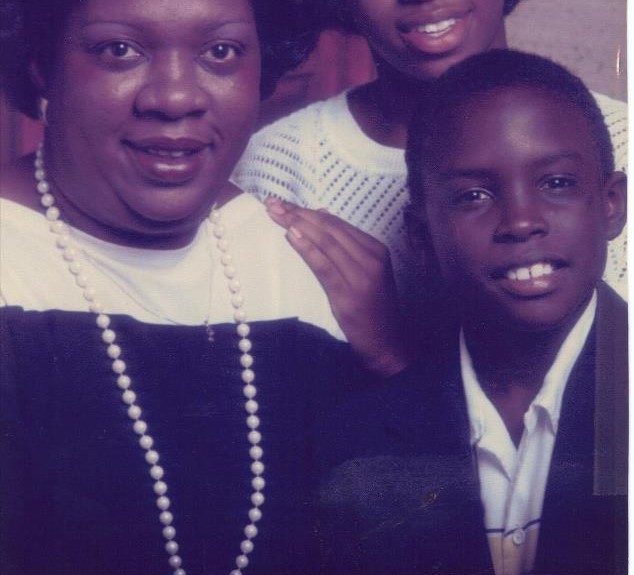




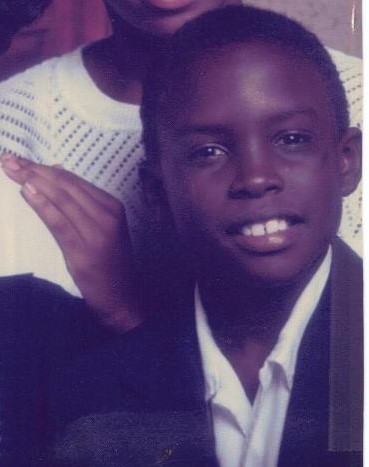
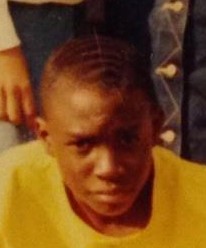
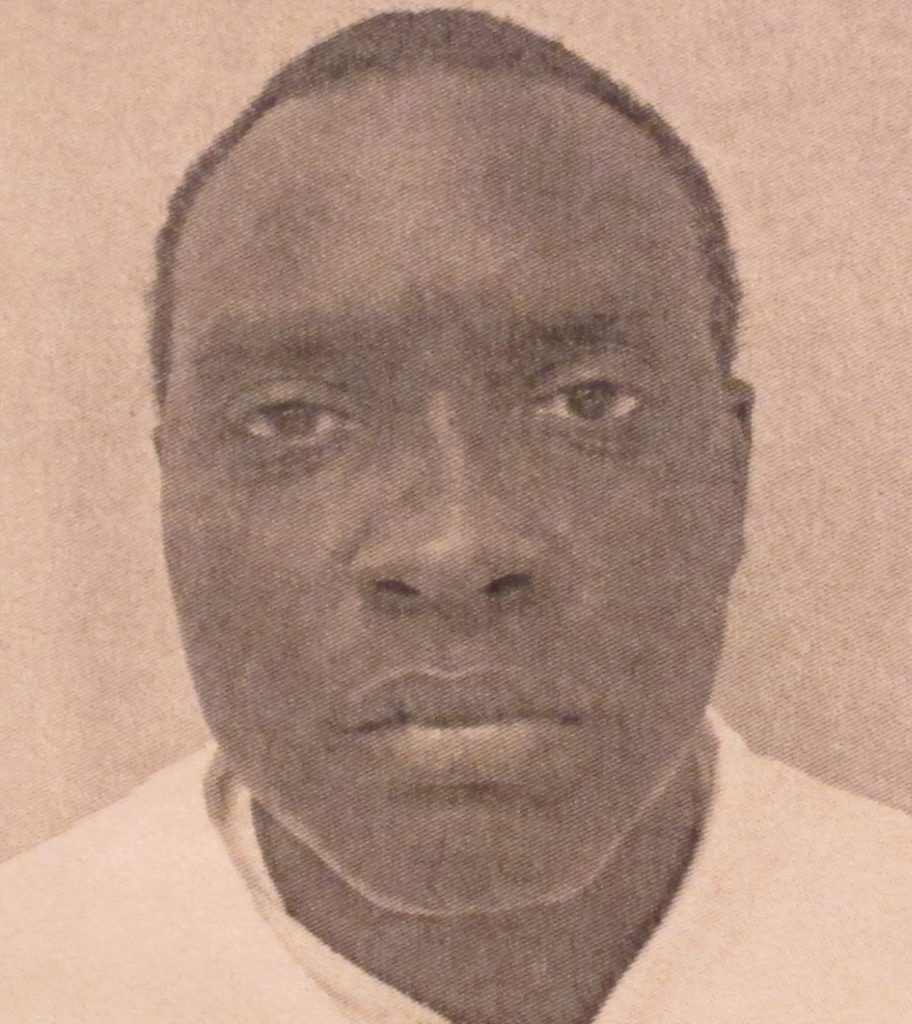
 A week before Christmas, 2013, one of my female students lost her fifteen year old brother to suicide. He had been bullied through elementary and middle school and decided he didn’t want to live anymore. My student, along with her family, found him dead in his bed – no note, no explanation. Just gone.
A week before Christmas, 2013, one of my female students lost her fifteen year old brother to suicide. He had been bullied through elementary and middle school and decided he didn’t want to live anymore. My student, along with her family, found him dead in his bed – no note, no explanation. Just gone. Days turned into weeks – weeks turned into months. Finally, the day came when he asked me, “Darrell, do you think that I can write good enough to send my dad a letter?” Without saying a word I slid him a blank piece of paper and handed him a pen. As I sat and watched, he painstakingly printed on the paper…
Days turned into weeks – weeks turned into months. Finally, the day came when he asked me, “Darrell, do you think that I can write good enough to send my dad a letter?” Without saying a word I slid him a blank piece of paper and handed him a pen. As I sat and watched, he painstakingly printed on the paper…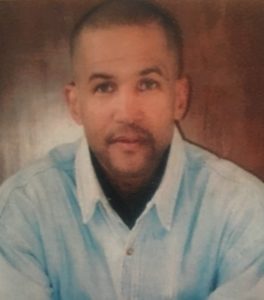
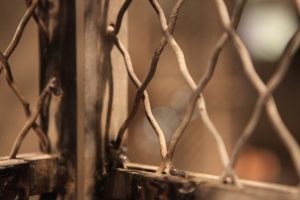 This week while I was driving my kids home from swim practice, a man lost his fight to live. He didn’t struggle during his execution, but he chanted, trying to make his voice heard and be a part of this place till his last breath.
This week while I was driving my kids home from swim practice, a man lost his fight to live. He didn’t struggle during his execution, but he chanted, trying to make his voice heard and be a part of this place till his last breath.